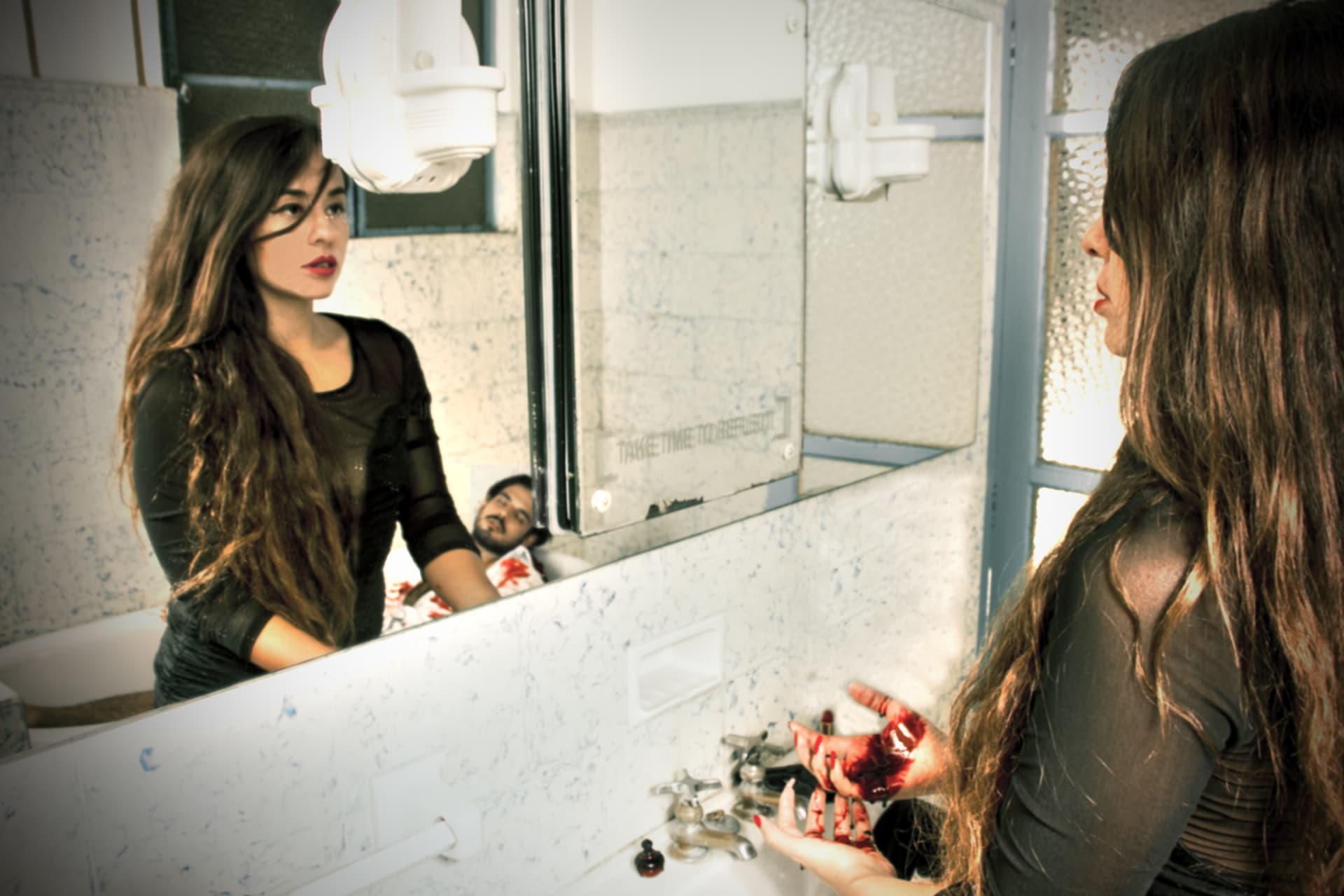
The Rise Of Techno-Feminism In Mexico
When I was 13 years old, I was into the punk sound from Argentina and the United States. At that time, MTV was really cool. I remember seeing the video for the Chemical Brothers’ “Hey Boy Hey Girl” with the skeletons, which was a complete discovery for me in terms of the visual aesthetics and sound. It was a whole new world for me, so I went further into learning about electronic music and DJ culture. It felt so vast, so transgressive, that I asked my parents for their permission to go study electronic music in Mexico City as a teenager. I took the risk; I left high school and came to Mexico City when I was 16 to study sound engineering at Escuela de Música G Martell [a college for DJing, music and audio production based in Mexico City that provides training in Ableton] while taking several courses in the Electronic Music program. I was one of two girls in the audio engineering program and I studied to become the first female certified Ableton instructor in Mexico five years ago.
I got into Ableton through Eduardo Domingeuz, aka Dig It, who’s also a certified trainer. I started making music with Reason, but Ableton is the most user-friendly software. It’s perfect for me in terms of how easy it is to work with, how dynamic it is and how much further you can develop ideas. I finished my studies in Mexico City and came back to my home town, Querétaro, where I founded a sound laboratory in the basement of my family’s home called the Fluxus Sound Lab. I taught music technology and sound design, and I developed my skills while travelling and living in other parts of the world. When one of my students told me there was going to be Ableton trainer certification in Mexico, I applied and got it.
When I started to make electronic music about 10 years ago, it was something completely new for a Latin American woman to be interested in technology, sound or electronic music, and I remember feeling quite alone in my passion for music technologies, and the possibility of being able to play in others countries seemed far away. I experienced discrimination, sexualization and everything in between—some men couldn’t handle the idea that I could have more knowledge about music or technology. I used to get very angry and be upset. At school, I had really cool teachers and friends that supported me as I started playing and making my own music, yet when I played shows, I often experienced guys in the scene treating me like a piece of meat. But at this moment, everything has changed; I can visualize the future of electronic music in Latin America. The presence of female figures in electronic music is getting bigger.
When a girl arrives at a concert, festival or a club, they bring something new into a scene—that’s true of all the female acts I’ve seen DJ and do live sets. When I’ve been at other international clubs I’ve often noticed the same thing: there’s one guy behind the decks or their computer looking really serious. Techno music is really transgressive to me, so as performers we should be stepping out of our comfort zones and taking more risks. My first inspiration for what music performance should be was Teresa Suarez, aka Teri Gender Bender, who leads the garage rock band Le Butcherettes. She embodies a kind of energy and presence that rock ‘n’ roll performances have that I want to bring to my electronic performances. In rock you’re completely free because the guitar seems to give people more freedom to move. I want to use machines in a free way and express more than just being behind my computer.
Discwoman Mexico City, which took place January 8-9, was an important showcase of female talent in our electronic music scene. The vibe was really special; the place was packed and the lineup from Mexico and the States provided a great mixture of cultures. One of my students, Ninasonik, played, as did local producer and vocalist Zombies In Miami. A radio host who has been DJing for 10 years, Paulina Garcia (aka Esa Mi Pau), explored different Latin American sounds in her DJ set. Lucia, who organized Discwoman Mexico City and has thrown events here for about five years, recently booked rRoxymore at the same venue, which was also really well-attended.
https://www.youtube.com/watch?v=xtqoHTpedfY
Producers from all over the country come to Mexico City to start building a name and playing gigs, and I think we’re in the process of developing. Of course there’s the Mexican edition of Mutek, which is the biggest festival around and grows every year. But I think it’s time for new kinds of events—more risky things, more avant-garde things. This year, a friend of mine started Comunite Festival in Tulum, which was amazing and is going to happen yearly. Still, we need more clubs because we don’t have a club culture, so the scene has only been developing with parties that don’t really lend themselves to experimentation. I have friends who are working on it, though.
As for myself, I’m using my Motus label to connect with other countries that have a particular legacy in terms of electronic music and technology. I’m starting to work to bring artists who take risks with their sounds and haven’t been here before. Of course, the future has a lot of potential and Mexico is fertile soil for creative electronic musicians, but we are still in progress.
Female Criminals Volume 1 is out now on Motus.
Published April 27, 2016.
